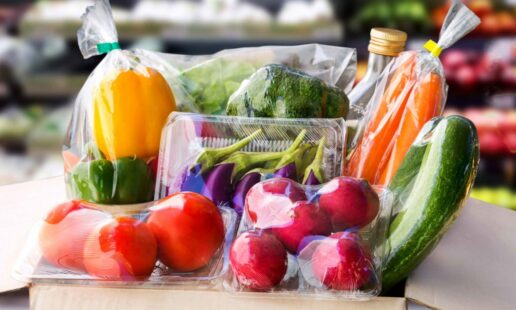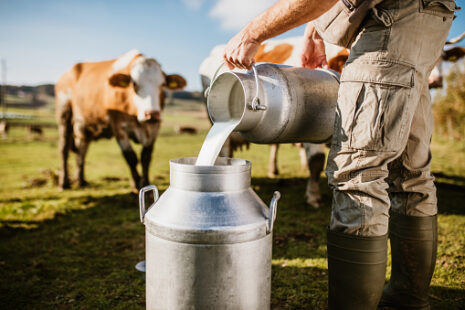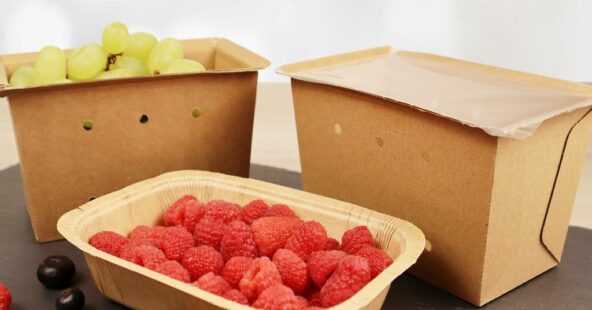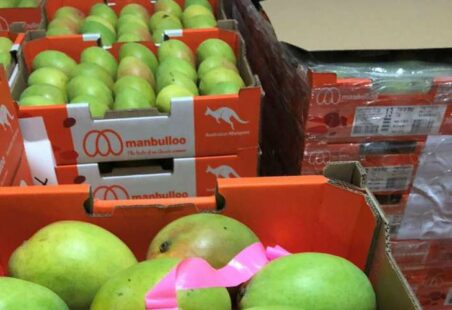
One Harvest, Australia’s leading salad manufacturer, has taken a crucial step towards sustainability. Looking towards the future, the organisation has announced that they aim to transform all of their plastic packagings to recyclable, reusable or compostable materials by 2025. Since this organisation is an active member of the ANZAC Plastic Pact, they will attempt to unite with key players in order to bring about a life change or switch when it comes to plastic.
Together through shared knowledge, investment and industry lead innovation the Pact will implement solutions tailored to Australia, New Zealand and the Pacific Islands region.
As a member of the ANZPAC Plastics Pact, by 2025 One Harvest is committed to achieving four key goals set out by the Pact.
These Include:
While plastic has given ample opportunities to create new and innovative products and recipe formats for customers that can stay fresh for days longer than before, however there is a need to act now. In the past year, One Harvest have implemented a number of initiatives across our 4 sites to eliminate problematic plastics and have re-engineered through in house technologies to reduce and optimise our current packaging formats. The business continues to increase the level of post-consumer recycled packaging in numerous packaging designs.
One Harvest estimates that in Australia, only 18% of all plastic packaging is recovered for future use and that by 2040 if we fail to act, the volume of plastic in the market will double and the annual volume of plastic entering our oceans will almost triple. The solution begins with a consistent approach across global supply chains, moving from a linear approach to a circular economy for plastic in which it never becomes waste or pollution.

According to Rabobank’s Australian Dairy Industry: At an Important Junction report, having reached record-breaking profitability after a “rollercoaster ride” for the past decade, the Australian dairy industry is at “a critical juncture.” It claims that Australia’s dairy industry has made a spectacular comeback, owing to favourable seasonal conditions, high farmgate pricing, and a shift in […]
Read More →
As the economy worsens, Chris Fiander, Marketing Manager of the Westpak Group in the United Kingdom, considers whether customers and merchants will continue to prioritise ecologically sustainable products and packaging. “Spiraling energy costs, rising company production costs, reduced consumer spending, and soaring inflation are all taking their toll on consumers and businesses alike.” This economic […]
Read More →
A mango grower in north Queensland is offering customers the chance to enjoy their fruit and beverage at the same time, and all for a good cause. In order to offer a meal for someone experiencing food insecurity, Manbulloo Mangoes and Local Brewing Co. of Melbourne have partnered to produce a mango sour. A portion […]
Read More →